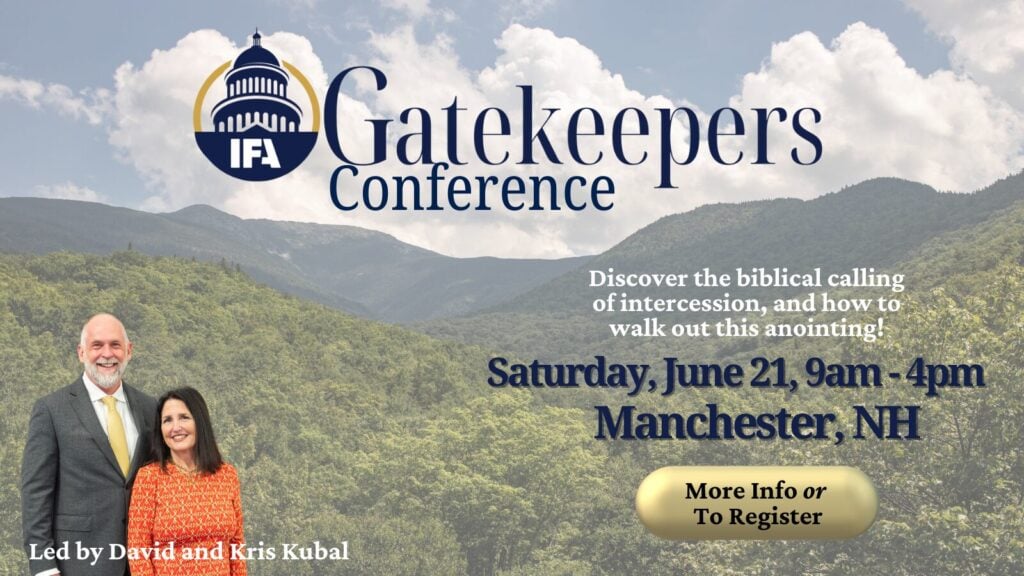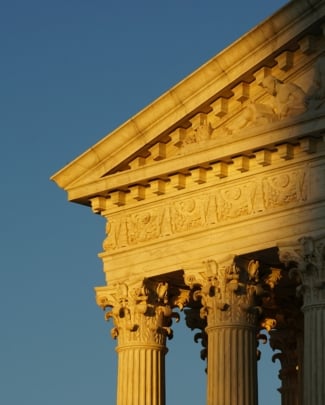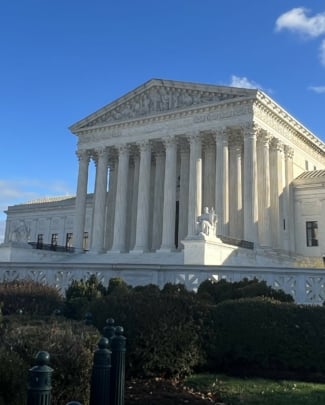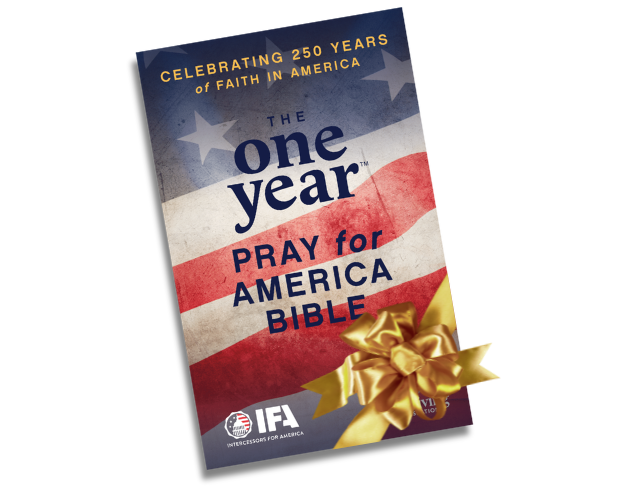SCOTUS Rules in Favor of Catholic Charity’s Tax Exemption
SCOTUS Rules in Favor of Catholic Charity’s Tax Exemption
The United States Supreme Court has unanimously ruled that Wisconsin officials cannot deny a religious tax exemption to a Catholic charity because they think their work is too secular.
Become a Monthly Ministry Partner today.
The Supreme Court released a decision in the case of Catholic Charities Bureau, Inc. v. Wisconsin Labor Review Commission et al. on Thursday morning, which centered on if a Christian charity group can be exempted from an unemployment insurance program even though its services were deemed nonreligious.
Justice Sonia Sotomayor authored the unanimous opinion, which reversed a Wisconsin Supreme Court decision and remanded the case back to the lower for further deliberation.
“It is fundamental to our constitutional order that the government maintain “neutrality between religion and religion,’” wrote Sotomayor. “There may be hard calls to make in policing that rule, but this is not one.”
“When the government distinguishes among religions based on theological differences in their provision of services, it imposes a denominational preference that must satisfy the highest level of judicial scrutiny.”
Sotomayor also wrote that any “law that differentiates between religions along theological lines is textbook denominational discrimination” and that “differentiation on theological lines is fundamentally foreign to our constitutional order.”
Sotomayor noted that the initial rejection of the Catholic charity’s exemption request stemmed from state officials’ belief that their lack of explicit religious activity at their charitable services made them nonreligious in nature.
“Petitioners’ Catholic faith, however, bars them from satisfying those criteria,” she continued, noting that Catholic Church teaching prohibits “‘misus[ing] works of charity for purposes of proselytism.’”
“Many religions apparently impose similar rules prohibiting proselytization or religious differentiation in the provision of charitable services. … Others seemingly have adopted a contrary approach.”
“Wisconsin’s exemption, as interpreted by its Supreme Court, thus grants a denominational preference by explicitly differentiating between religions based on theological practices. Indeed, petitioners’ eligibility for the exemption ultimately turns on inherently religious choices,” added Sotomayor.
Catholic Charities Bureau is an umbrella organization that is made up of multiple charitable groups within the Roman Catholic Diocese of Superior, which is based in Superior, Wisconsin.
In 2016, the Catholic Charities Bureau asked the Wisconsin Department of Workforce Development for a religious exemption from paying into Wisconsin’s unemployment insurance program.
WDWD declined the request, arguing that Catholic Charities was not primarily religious in nature. The charity appealed to an administrative law judge, who reversed the earlier ruling.
The department then petitioned the Wisconsin Labor and Industry Review Commission, which ruled against Catholic Charities, arguing that they did not qualify for a religious exemption.
In March of last year, the Wisconsin Supreme Court ruled 4-3 that Catholic Charities did not fit the definition of a religious entity and, because of this, was ineligible for the religious exemption.
Justice Ann Walsh Bradley authored the state Supreme Court majority opinion, ruling that the charity was “not operated primarily for religious purposes” and must pay into the program.
“CCB and the sub-entities, which are organized as separate corporations apart from the church itself, neither attempt to imbue program participants with the Catholic faith nor supply any religious materials to program participants or employees,” wrote Bradley.
“An objective examination of the actual activities of CCB and the sub-entities reveals that their activities are secular in nature.”
Catholic Charities appealed to the U.S. Supreme Court, which granted their petition last December and heard oral arguments in February, in which both liberal and conservative justices expressed skepticism over Wisconsin’s arguments against granting the exemption.
For example, Justice Elena Kagan said she “thought it was pretty fundamental that we don’t treat some religions better than other religions” and critically asked if Wisconsin could pass a law that would “give a religious tax exemption to religious groups that proselytize, but to no others?”
“The way this statute has been interpreted by the Wisconsin courts, it’s basically saying ‘we’re giving the tax exemption to religious organizations that proselytize, but not to religious organizations that don’t,’” Kagan added.
Justice Neil Gorsuch asked during oral arguments what the difference was between a Christian charity that requires people to attend worship before getting food and one that says worship attendance is optional.
“Is Wisconsin going to go around and [say], ‘This soup kitchen, you have to go to the service before you get your soup, they’re good to go. But that one, they just invite you to the service after the soup, they’re bad,’” Gorsuch stated.
What do you think of this ruling? Share your thoughts and prayers below.
This article was originally published at The Christian Post. Photo Credit: Adam Szuscik on Unsplash.
Partner with Us
Intercessors for America is the trusted resource for millions of people across the United States committed to praying for our nation. If you have benefited from IFA's resources and community, please consider joining us as a monthly support partner. As a 501(c)3 organization, it's through your support that all this possible.


We use cookies to ensure that we give you the best experience on our website. If you continue to use this site we will assume that you are happy with it. Privacy Policy





Comments
God, we thank You for the Supreme Court’s decision in this case. We ask You to continue to protect religious freedom in America!